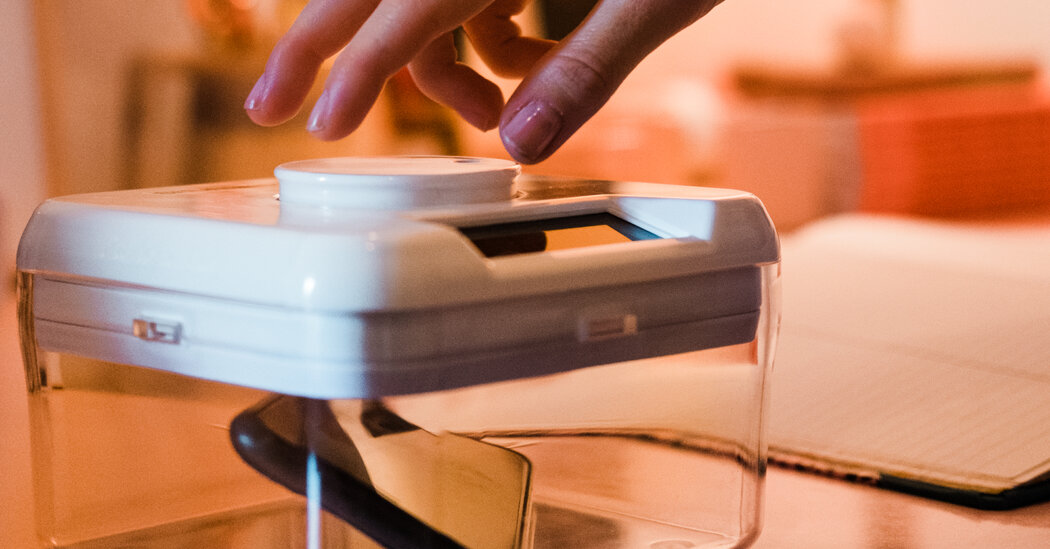
Humans have a natural talent for concentration. I recently watched a kid crouching among pebbles at the beach. He spent eons sorting among sea-worn ovoids — not vapidly, but with an air of zealous exploration. Finally, he found what he sought: the perfect pebble. (What made it perfect? I don’t know. Doesn’t matter.)
The quest wasn’t over. Having captured his specimen, the kid toddled over to the shallows and dropped his perfect pebble into the water. It splashed and sank. A vast stretch of time passed as he attempted to relocate the same pebble. When he did, the sense of accomplishment was visible and sublime. Nobody observing this young pebble connoisseur could doubt our innate ability for concentration. Which prompts the question: When was the last time you spent an hour in energetic focus? Or longer?
We all know the reasons for our obliterated attention spans. Outpourings of global communication, torrents of imagery, monsoons of incoming texts and alerts. Blah, blah, blah. Purported solutions abound. There exist endless books about beating your phone addiction and eliminating distractions; there are coaches and courses and podcasts and forums. But you do not need any of these things. What you need is a box.
I purchased my box last year. It is made of clear plastic. Embedded in the lid is a timer. You place your phone (or computer or other sinister object) inside the box, set the timer for a minute (at minimum) or 10 days (maximum), and listen for the faint mechanical noise that signifies your liberty. Then you proceed with your day.
Many of us feel like feeble pawns in a global conspiracy to extract and monetize our attention. I cannot convey how satisfying it is to thwart the conspiracy with a plastic box. You deserve to cherish the sly smile that will creep across your face as you power down your glistening rectangle — thus revealing its essential inertness — before incarcerating it for 10 hours at a stretch.
Consumer lockboxes have existed for a long time. They can be used for any substance that bedevils you: booze, cookies, drugs, cigarettes. They operate on the basic principle of dividing your consciousness into that of parent and child. The parent stows cookies on the high shelf so the child can’t access them. Adults require more than high shelves; we require locks. The only way to get into a lockbox is to break it, which is difficult (the good ones are sturdy) and expensive (because you’ll have to replace it).
There are many box brands from which to choose. I selected a kSafe after reading a pair of sentences on the site’s “About” page, which I will reproduce here:
A great product makes you happy and never lets you down. We’ll take the extra time and spend the extra money to get things right, because it’s the right thing to do and selling a crappy product is embarrassing.
All correct. A shoddy product is embarrassing. I have a lengthy mental list of companies that ought to be humiliated by their offerings. So far, my kSafe has performed honorably. Like many of my favorite technologies — knives, trowels, pencils — its claims are humble but reliably executed.
Friends have raised objections to the box. The first: “What a rip-off.” Well, yes and no. Depends on how you determine value. I consider most restaurants to be a rip-off because I’d always rather eat fried eggs at home (cost: $2, and that includes a ton of butter), but I get why others cherish the ritual and splendor of dining out. My “rip-off” is your “money well-spent,” and vice versa.
People love to turn trifling preferences into moral battles. What a waste of time!
Another objection: “But I need my phone for urgent and necessary tasks.” Indeed, most people do. If you’re among us, just limit your locking to the meager periods in which you’re free to exercise sovereignty. At night, for example. Or for 30 minutes at a time during daylight hours. In doing so, you’ll discover how much or little of your time truly belongs to you. Both scenarios are instructive.
A final objection — the most common — is this: “Why do you need a box to prevent yourself from using the phone? Don’t you have any discipline?” Well, yes, but not enough. Nobody has enough. I’ve not met a person who would turn down a genie’s offer of bonus no-strings-attached self-control.
The point of the box is to annihilate a single vampiric drain on a precious resource. Banish your phone and your willpower is free to flow elsewhere. Or you can forget willpower entirely and simply enjoy a period of unsurveilled idleness, which is where all the finest human experiences occur: joy, creativity, tranquility, progress.






